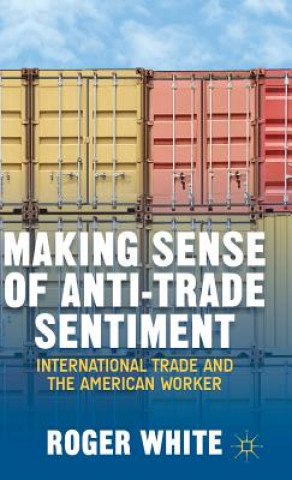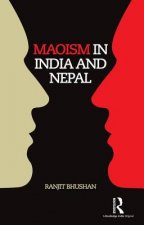
Doručenie
Nákupný poradca





Nehodí sa? Žiadny problém! U nás môžete do 30 dní vrátiť
 Darčekový poukaz
v ľubovoľnej hodnote
Darčekový poukaz
v ľubovoľnej hodnote
S darčekovým poukazom nešliapnete vedľa. Obdarovaný si za darčekový poukaz môže vybrať čokoľvek z našej ponuky.
Making Sense of Anti-trade Sentiment
 Angličtina
Angličtina
 345 b
345 b
30 dní na vrátenie tovaru
Mohlo by vás tiež zaujímať


Opinion polls indicate that a considerable portion of the U.S. public holds negative views of international trade. The extent of anti-trade sentiment exhibited by the American public is largely out of step with public opinion elsewhere in the world. In fact, the U.S. may be one of the most trade-wary societies. Worries that trade, particularly increased imports, will lead to job loss and/or reduced wages for domestic workers are thought to underlie the negative views. Examining the extent to which trade adversely affects domestic workers, White documents statistical relationships between exports and imports and domestic employment/wages; however, the magnitudes of the estimated effects appear too small to justify public opinion on the topic. To better understand U.S. public opinion of international trade, and to explain why Americans are, in general, less supportive of trade, the author considers loss-aversion, incomplete/imperfect information, and the ability to process information as possible alternative explanations.
Informácie o knihe
 Angličtina
Angličtina




 Ako nakupovať
Ako nakupovať


































